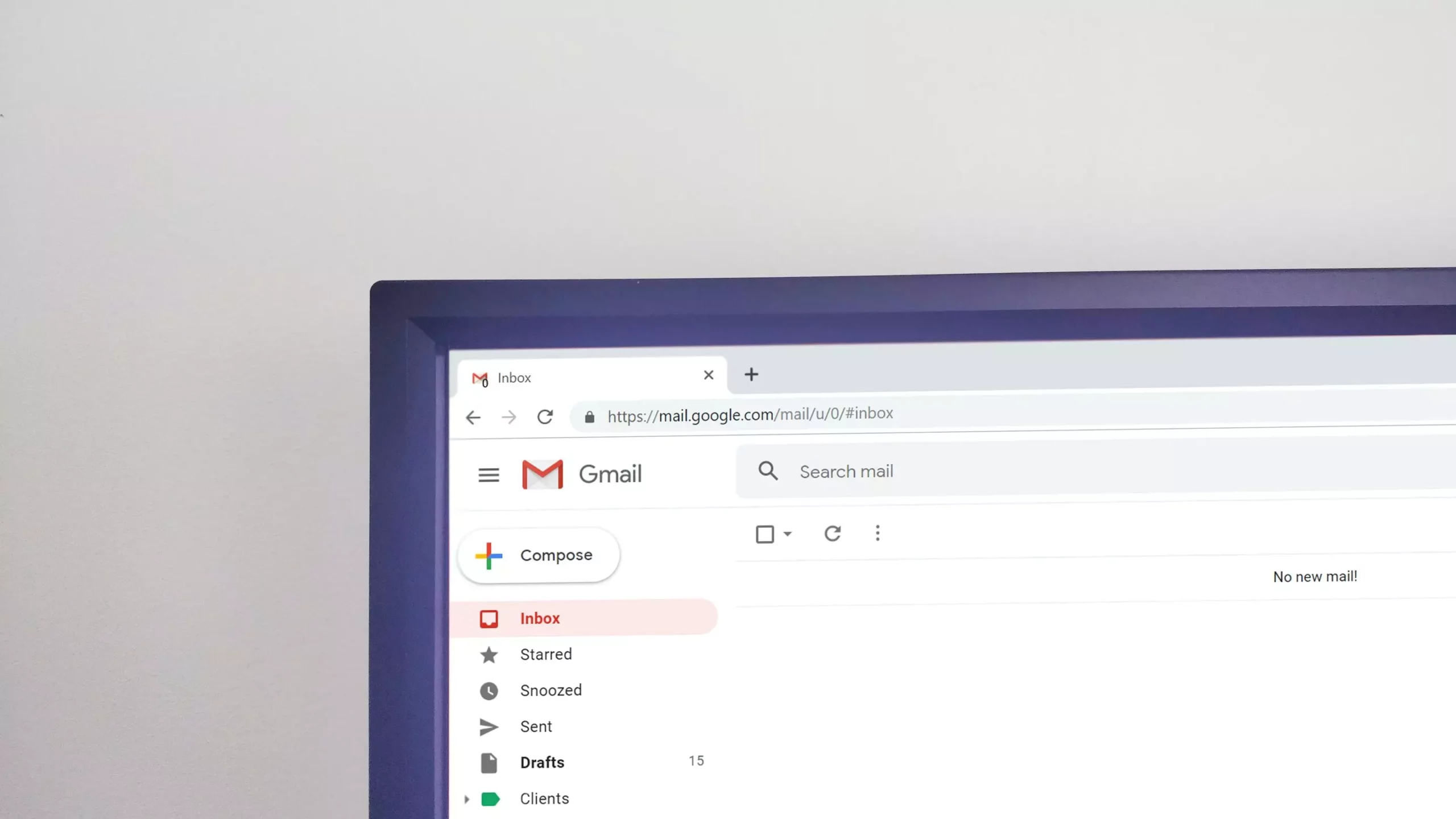Google has recently implemented a restriction on third-party cookies for some users of its Chrome web browser, marking the beginning of its plan to eventually eliminate these files that have raised concerns over user privacy. This move is in line with Google’s announcement in 2020 to do away with cookies, however, the complete elimination of third-party cookies would require the approval of Britain’s Competition and Markets Authority, which is currently investigating the impact on other businesses.
In a blog post, Google explained that it has initiated the process of restricting third-party cookies by default for one percent of its Chrome users, with the purpose of facilitating testing. The company plans to gradually increase this percentage and aims to include 100 percent of users by the third quarter of 2024. This phased approach allows Google to assess the impact of limiting third-party cookies and address any potential challenges before implementing the change universally.
Cookies, which are small files used to track web navigation and personalize advertising, have been a topic of increasing scrutiny in recent years. Regulatory measures such as the European Union’s General Data Protection Regulation (GDPR) and California’s state regulations have placed greater emphasis on protecting user privacy and restricting the use of cookies. Unlike first-party cookies, which are set by the browser itself, third-party cookies are set by visited websites and are often associated with targeted advertising.
Google’s decision to eliminate third-party cookies stems from its ongoing efforts to develop an alternative system for Chrome. Rather than tracking individual users, Google aims to adopt a system called Federated Learning of Cohorts (FLoC). FLoC involves grouping hundreds or thousands of people into audience segments based on similar interests and online behaviors. This shift from individual tracking to cohort-based targeting aims to strike a balance between user privacy and effective advertising.
While Google initially announced its intention to eliminate third-party cookies within two years starting in January 2020, the process has faced various delays. Google’s commitment to privacy has prompted the need for careful consideration of the potential impact on businesses and the advertising ecosystem as a whole. Consequently, seeking the approval of regulatory bodies like Britain’s Competition and Markets Authority to ensure fair competition and address any antitrust concerns has added complexity to the timeline.
Google’s decision to limit third-party cookies for Chrome users represents an important step towards enhancing user privacy and responding to evolving regulatory requirements. By gradually phasing out third-party cookies, Google aims to strike a balance between privacy concerns and effective advertising. The development of an alternative system like FLoC demonstrates Google’s commitment to finding innovative solutions that cater to the changing landscape of online privacy. While challenges and delays may arise, the gradual adoption of these changes could lead to a more privacy-focused and user-centric digital ecosystem.


Leave a Reply